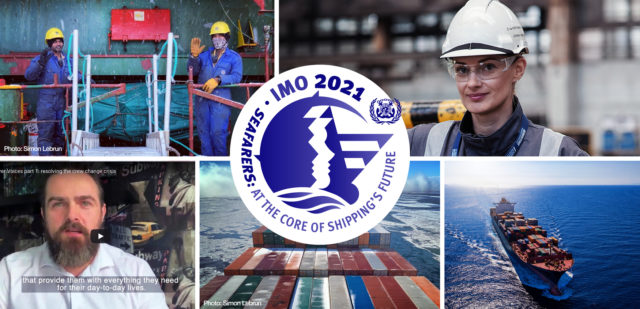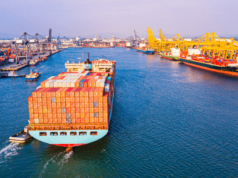IMO has chosen to make 2021 a year of action for seafarers, who are facing unprecedented hardship due to the COVID-19 pandemic, despite their vital role as key workers for global supply chains. The World Maritime Theme for 2021, “Seafarers: at the core of shipping’s future” seeks to increase the visibility of seafarers by drawing attention to the invaluable role they play now and will continue to play in the future.
The COVID-19 pandemic has placed extraordinary demands on seafarers, with hundreds of thousands of men and women stranded on ships for months beyond their original contracts, unable to be repatriated due to national travel restrictions. A similar number of seafarers are unable to join ships and earn a living. This crew change crisis, which has been ongoing for nearly a year, is a humanitarian emergency that threatens the safety of shipping.
Launching the World Maritime theme on 16 February, IMO Secretary-General Kitack Lim said more Governments must step up to end the crew change crisis.
“A first step would be for all countries to designate seafarers as key workers, as outlined in the United Nations General Assembly Resolution adopted in December,” Mr Lim added, referring to the UNGA resolution on International cooperation to address challenges faced by seafarers as a result of the COVID-19 pandemic to support global supply chains. (The full message including video can be downloaded and viewed here)
Key worker designation is crucial to ensure seafarers can travel to and from ships and will facilitate access to priority vaccination. To date, 55 IMO Member States and two Associate Members have designated seafarers as key workers (click here for the full list).
Throughout the year, the World Maritime Theme will also put the spotlight on other issues related to the human element of shipping, including the safety and security of life on board ships, seafarers’ well-being, and the importance of ensuring an appropriately trained and qualified workforce, ready to meet the challenges and opportunities of digitalization and automation.







